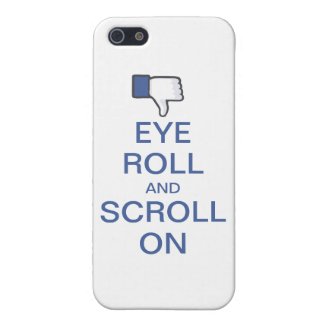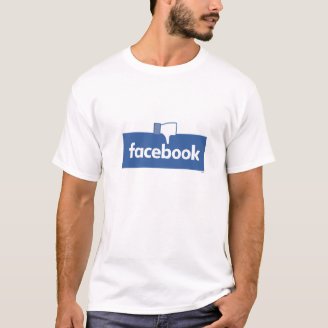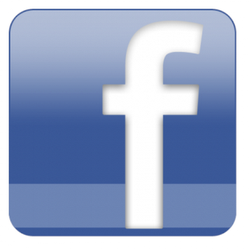"That's it! I'm quitting Facebook!"
Have you ever found yourself uttering the above words - or at least, thinking them in your head? Or have you already quit Facebook and wish your friends would follow suit? While I haven't completely quit Facebook myself, I have cut back radically on how and when I use it and overall it's been a great positive change for me.
On this page I'll talk a bit about my reasons for wanting to stop using Facebook, share other articles on quitting and give you a chance to chime in with your opinions on the subject. I'll also share some information on a great browser plug-in, F.B. Purity, which can help make your Facebook experience better and more manageable.












 A Potentially Fatal Accident in the Homeon 11/24/2018
A Potentially Fatal Accident in the Homeon 11/24/2018
 Windsurfing Lessons on Montserrat: One of My Funniest—and Fondest—Travel Memorieson 11/20/2018
Windsurfing Lessons on Montserrat: One of My Funniest—and Fondest—Travel Memorieson 11/20/2018
 Christmas Ornaments Celebrating Rome, Italyon 11/12/2018
Christmas Ornaments Celebrating Rome, Italyon 11/12/2018
 Philadelphia-Themed Christmas Ornamentson 11/09/2018
Philadelphia-Themed Christmas Ornamentson 11/09/2018



Comments
I also worry about parents putting their children's photos and other information on Facebook and other social media programs. It might cause harm now or 10 or 20 years in the future. And there's also a lot of cyber bullying on Facebook.
I monitor some of my friends' and family's Facebook pages, but maybe only once every couple of weeks; I can visit their page and keep scrolling until I've read all the latest news.
I do belong to some Facebook groups, but most of them are private. I rarely post on the public ones, although I do read through the comments if they're interesting.
You bring up some good points on how Facebook can be abused and also hurt you in the future when you apply for a job. It's best to use an alias or nickname.